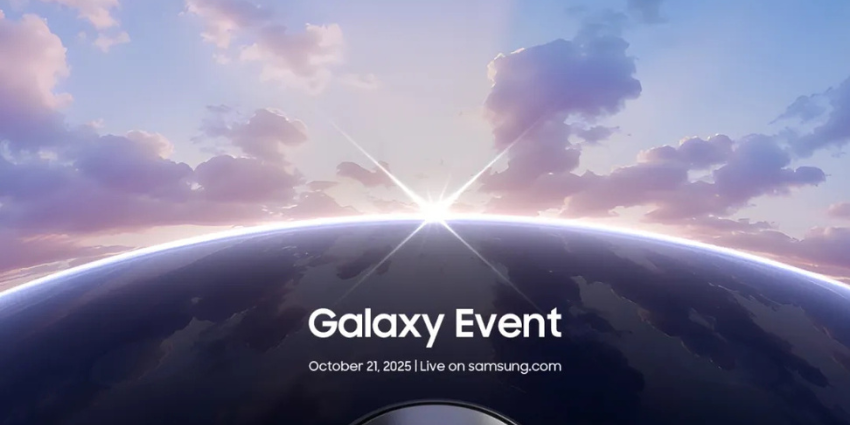Unity Technologies has integrated new artificial intelligence (AI)-powered content creation tools to develop immersive worlds and experiences.
In a blog post on Tuesday, Marc Whitten, Senior Vice President and General Manager, Unity Create Solutions, explored how AI-based solutions could lead to a new era of digital content creation. The company has released two novel tools — Unity Muse and Unity Sentis — for creatives to facilitate this.
- Unity Muse offers an expansive platform with AI-backed assistance features for people creating content
- Unity Sentis provides embeddable neural networks across content creation builds, leading to unprecedented real-time 3D (RT3D) experiences.
Both will back people with skill levels ranging from beginner to expert, allowing professionals to explore, validate, and define the AI tools. Currently, Unity will offer the solution in a closed beta, with opportunities to provide feedback.
Explaining further, Whitten stated that AI tools could increase productivity, offer cutting-edge in-game features, and boost player experiences with novel behavioural interactions.
Fostering Creativity, Innovation with Unity
Unity aims to leverage AI to drive innovation and boost content creation across platforms, all while enhancing productivity. Its solutions are widely used for gaming, industrial, entertainment, and digital asset use cases.
Currently, the company aims to develop a suite of AI solutions to expedite content creation workflows, allowing creatives to increase time to production significantly.
Those using the platform can locate key data, create drafts and sketches, or integrate tools for building, editing, and deploying assets with next-generation tools.
Channelling the Muse
For the enterprise, Unity Muse will accelerate content creation for RT3D applications across video games, digital twins, and other assets. This aims to create assets with unlimited potential in the platform’s native Unity Editor.
Users can provide natural text prompts and sketches to input data on the platform.
Additionally, Unity Muse will offer users its Muse Chat in closed beta. This will allow AI-based searches across Unity’s documents, resources, and support. This provides updated information from the San Francisco-based enterprise.
Creatives can also access code samples and key information to cut troubleshooting and development times. Additionally, Unity is expected to add exciting features like creating textures, sprites, and animations as inputs.
Enhancing Feeling with Unity Sentis
With advanced neural networks and Unity Runtime, Unity Sentis can allow developers to tap the full potential of the game engine’s platforms and tools.
Developers can embed AI models on Unity Runtime to build games, applications, and other digital tools to boost gameplay and features.
The cross-platform tool allows developers to develop gaming solutions with zero latency and costs. Users can also port across mobile phones, PCs, and gaming consoles such as the Sony PlayStation, Microsoft XBOX, and Nintendo Switch.
Additionally, Unity will open its AI Verified Solutions to host third-party apps approved by Unity’s strict standards. AI solution providers, including Atlas, Inworld AI, Leonardo Ai, Polyhive, and others, will offer solutions on the Unity Asset Store.
Unity Updates Across XR
The news comes just days after Unity teamed up with XR tech giant Meta Platforms to release an OpenXR package to support Quest 3 developers.
With integrated frameworks, developers can incorporate the package for early development of the upcoming headset. Mark Zuckerberg, Founder and Chief Executive, Meta, is expected to reveal the Quest 3 fully at the Connect 2023 event in September this year.
Additionally, XR Today spoke with Jessica Lindl, Vice-President of Social Impact, in a recent interview. At the time, she discussed Unity’s joint support with the XR Association for the Immersive Technology for the American Workforce Act.
The tech giant’s solutions will boost productivity and tackle ongoing skill shortages across the United States. For the exec, the legislation signalled a “watershed moment for XR” by demonstrating “Congress recognizes the transformative power of immersive technologies.”
Furthermore, Unity’s Workforce Grant programmes would fund XR training for potential and future developers from initiatives “around the world,” she said.







